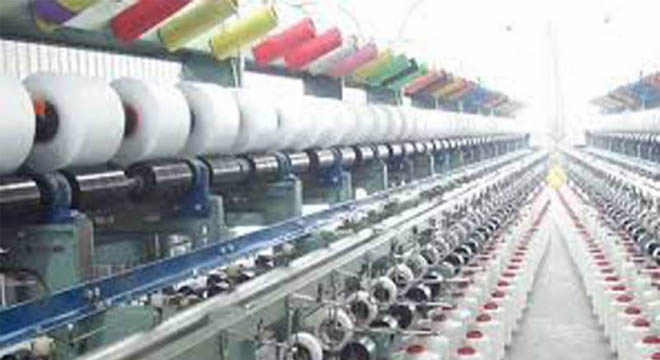ISLAMABAD-The government has yet to present the Textile Policy 2020-25 in Economic Coordination Committee (ECC) of the Cabinet for approval despite the fact that Prime Minister Imran Khan has given approval in principle.
In November, Prime Minister Imran Khan had approved Textile Policy 2020-25 for onward submission to the ECC. However, the government has not presented the policy before the top economic decisions making body of the country.
Prime Minister had approved the draft of the textile policy. An official of the ministry of commerce informed The Nation that government is likely to present the Textile Policy before the ECC within ongoing month of December.
Under the draft of proposed policy, it has been recommended to provide electricity at 9/kWh cents for the textile sector, followed by RLNG at $6.5 per mmBtu and domestic produced gas at Rs786 per mmBtu. Other incentives in proposed policy are that Long-Term Financing Facility (LTFF) and Export Financing Scheme (EFS) rates will not be changed; review of LTFF and refinance scheme for SMEs and indirect exporters and building cost will be included; and Brand Development Fund will be launched. The proposed policy is formulated to reduce the input cost of textile and clothing sector and make it competitive with the regional players. The impact of electricity at cents 9/kWh – all inclusive is estimated to be Rs123 billion, RLNG – Rs111 billion, DLTL for textiles and apparel products (garments/technical textile at 4 percent and made ups at 3 percent) – Rs420 billion, LTFF to continue at 5 percent – Rs75 billion and EFS to continue at 3 per cent – Rs109 billion.
The Commerce Ministry has decided to set the target of value added and textiles at $20.865 billion, of which $16.294 billion will be value added sector and $4.571 billion for textile sector by 2020-25.
According to the draft Textile Policy, custom duty drawback rates will be revised. The government is committed to revitalize Pakistan Textile City Limited and Karachi Garment City Limited. Mass level training program will be launched specially on industrial stitching and mostly for women. Marketing strategy will be reviewed. First ever E-Commerce policy is under implementation phase, and this will provide an open access to textiles and apparel manufacturers/exporters to tap available business opportunities across the globe. Amazon has already started registering Pakistan manufacturers and exporters including textiles.
According to the policy, more garments cities can be established after consultation with relevant stakeholders. The focus of the policy is to enhance the productivity and competitiveness of the sectors.
Moreover, new effluent treatment plants will be set up in addition to announcement of a brand development scheme. The government will offer incentives for international buying offices opening their offices in the country.
Under the policy, incentives will be offered to encourage women employment in the textile and garment sectors. Moreover, labor laws will also be reviewed to facilitate women’s entry into the job markets.
Follow the PNI Facebook page for the latest news and updates.









